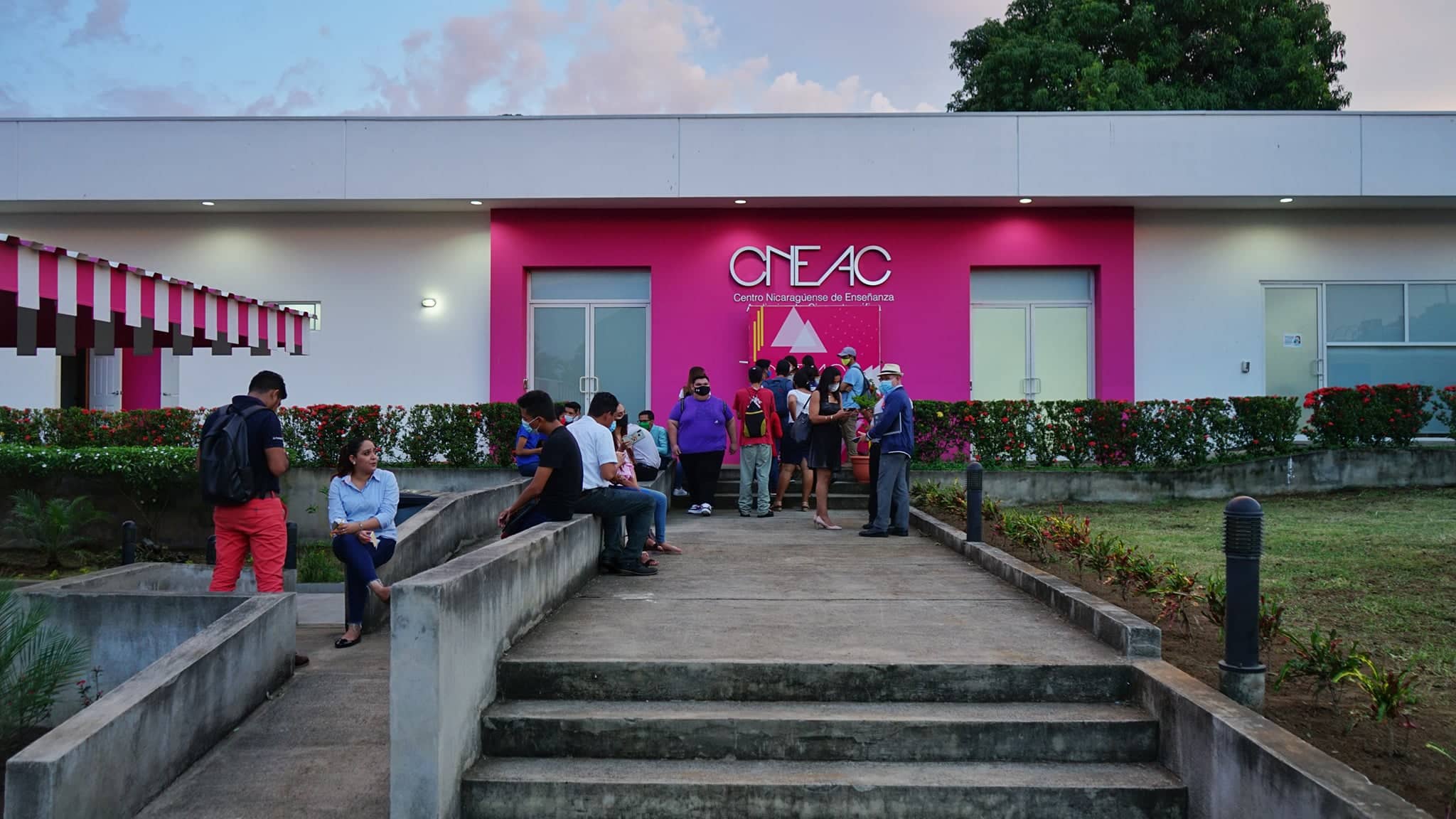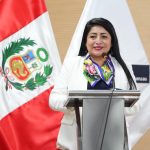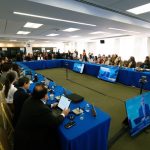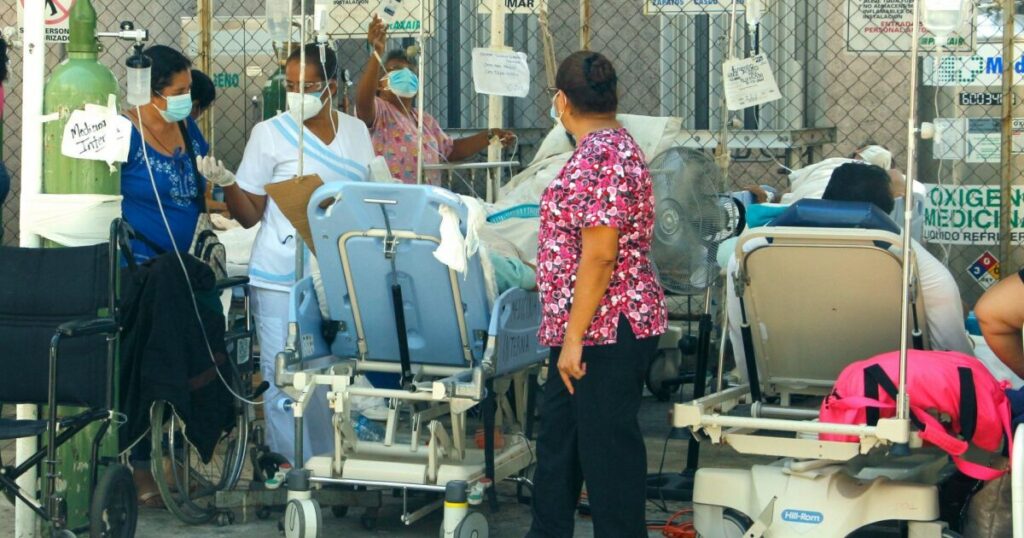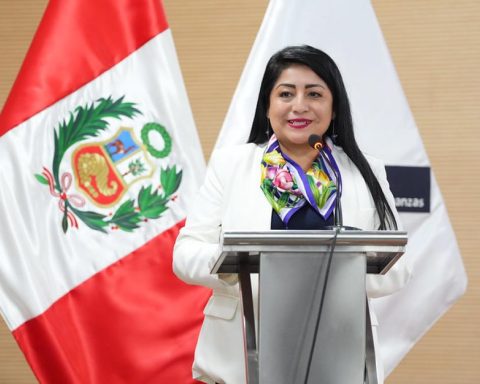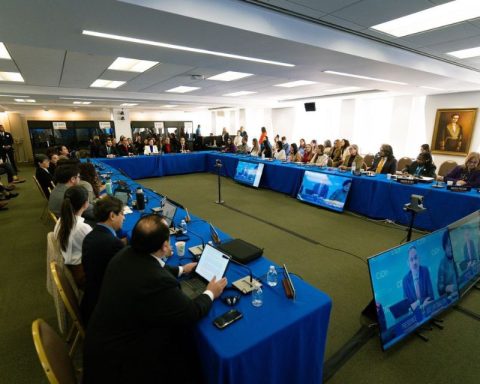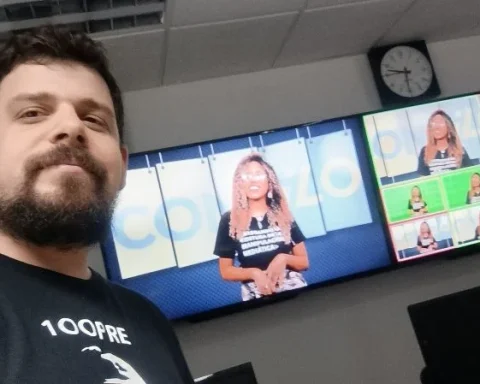The National Assembly (Parliament) of Nicaragua approved this Thursday a reform to the Law Creating the National Cinemathequewhich empowers it to oversee audiovisual and cinematographic productions made in this Central American country.
Legislation is perceived by specialists as one more link in the chain of censorship imposed by the regime of Daniel Ortega and Rosario Murillo in Nicaragua.
The initiative, proposed by the dictator Ortega and approved with the vote of 89 of the 91 deputies that make up Parliament, converts the state-owned National Cinematheque, previously attached to the Nicaraguan Institute of Culture (INC), in an autonomous entity under the stewardship of the Presidency of the Republic.
The law seeks to promote the development and production of audiovisual productions “that contribute to a culture of peace, values and respect,” and also promote “the projection of the country’s image to the world,” according to the text.
It also seeks to strengthen the administration of the State based on public interest, “preserving the institutions and interests of the Nicaraguan nation, in the sense of modernizing and equipping the National Cinematheque, as a regulatory institution, with powers to promote and control ”.
Record of Audiovisual Cinematographic Activity
Sandinista deputy Angela Espinoza, president of the Education, Culture, Sports and Media Commission, explained in plenary session that the Cinematheque will be in charge of authorizing the pre-production, production, production or filming, exhibition and distribution of audiovisual projects.
The law incorporated a new chapter in which an Audiovisual Cinematographic Activity Record is createdin which natural and legal persons, national or foreign, dedicated to cinematographic and audiovisual activity, must register.
The creation of this record comes two months after a journalistic team from TV Azteca, led by the Mexican journalist Otoniel Martínez, was in Nicaragua for two weeks documenting the daily life of Nicaraguans despite the state of police siege. The communicator along with two other colleagues entered Nicaragua, from Costa Rica, as tourists, to circumvent the control that the dictatorship maintains over national and foreign journalists.
That autonomous entity may prohibit the development, public exhibition, marketing of cinematographic and audiovisual productsas well as in the confiscation of the same, in case they do not comply with that law, in accordance with the legislation.
The law also claims the declaration of Cultural Heritage of the Nation to the film archive of the National Cinematheque that had been repealed.
Sandinista legislator Wálmaro Gutiérrez, a member of the Education Commission, said in plenary session that the Cinematheque is empowered to rescue and restore the character of National Heritage of the nation’s film archive, “which is not 100% in the hands of the State , but in the hands of private individuals or academies” and those pieces “would have to go back to where they belong”.
“This law comes to promote, spread and particularly to regulate the cinematographic activities and the production of visual arts”, emphasized Gutiérrez, who denied that the reform imposes “censorship” on productions in the country.
Law “attacks the freedom of independent creation”
In a public statement, a group of Nicaraguan filmmakers considered that this law “attentive to the freedom of independent creation”, because the National Cinematheque “is taking on the role of supervisor and now has a legal framework to boycott any production”.
“With this reform, the National Cinematheque goes from promoting and disseminating cinematography and audiovisual arts, to regulating and supervising cinematography and audiovisual arts in all its aspects and formats,” the filmmakers pointed out.
They also argued that the reforms violate the Political Constitution of Nicaragua, which establishes that artistic creation “is free, it is unrestricted”.
The Nicaraguan filmmakers were not consulted about this bill by the Education Commission, which was in charge of analyzing it and summoned representatives of the National Cinematheque, the Nicaraguan Institute of Culture and the National Council of Universities.
